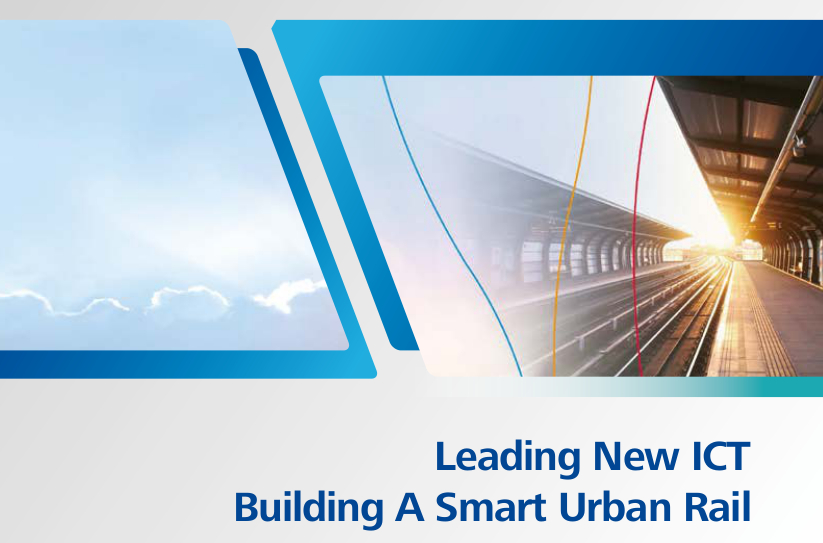According to a study conducted by the Gautrain, by 2025, at the current rate, South African freeways will slow to the shocking top speed of 10km per hour. This means that a drive from Pretoria to Rosebank will take up to four hours! This distressing picture was painted by Gautrain Chief Operating Officer Thabo Kgobe at the Huawei Connect Transport Summit South Africa, held at the Huawei Office Park.
Kgobe has worked as an engineer in the railway industry for more than two decades and was speaking on Mobility as a Service and A Way into The Digital World. According to him, there is much economic growth that can be taken advantage of in Gauteng, but it can only be done with the appropriate technological solutions, or what he calls “smart mobility”.
Kgobe said the efficiency of South Africa’s transport system is on par with that of Baghdad — a city that is in the clutches of war — and the reason for that is because we cannot leverage technology to connect to the infrastructure we have. “Digitalisation in itself is something we cannot ignore. So, Africa in itself has to be able to take bold steps to be able to promote the manner in which it uses technology,” he said.

To innovate and ensure our country has a thriving public transport system, Kgobe believes that we need to have a multi-modal and integrated system that collects commuter data to assist the providers in improving the system, leading to greater efficiency. To do this, there needs to be a centralised point where the information collected from the commuters as well as the information commuters need is stored, and that’s where the Huawei Cloud comes in.
Reliable and secure, the Huawei Cloud can store the information needed by the apps and machines used when using public transport. This will ensure seamless travel; currently there is a risk of systems crashing because of weak storage. It will also satisfy the passenger’s need for convenience, because the information they need for their trip will be in the palm of their hands.
Through artificial intelligence, the face of transport can be changed forever. Because of all the data stored in the Cloud, the system can learn and adapt to various situations such as emergencies. Kgobe illustrated this point with the example of the Grayston Drive Bridge collapse, which left one dead and many stuck in traffic. Had there been an intelligent system — like one that can be engineered using the Huawei Cloud and Artificial Intelligence — it would have been able to recognise the accident and route traffic away from the incident, allowing emergency vehicles access to the scene. The system, if connected to the traffic and health systems, could have also alerted medical professionals at the nearest hospital to prepare for the arrival of the incoming casualties. A properly functioning and efficient traffic system ensures everyone gets to where they need to be as quickly and safely as possible.
With Huawei’s 5G, soon many people will have high-speed access and reliable internet wherever they are. This is in line with Huawei’s vision to bring digital to every person, home and organisation. It is also in line with South Africa’s Digital Transformation Plan in preparation for the fourth industrial revolution. — Sphumelele Ndlovu
Visit the Huawei Enterprise website for more information; https://e.huawei.com/za/solutions/industries/transportation